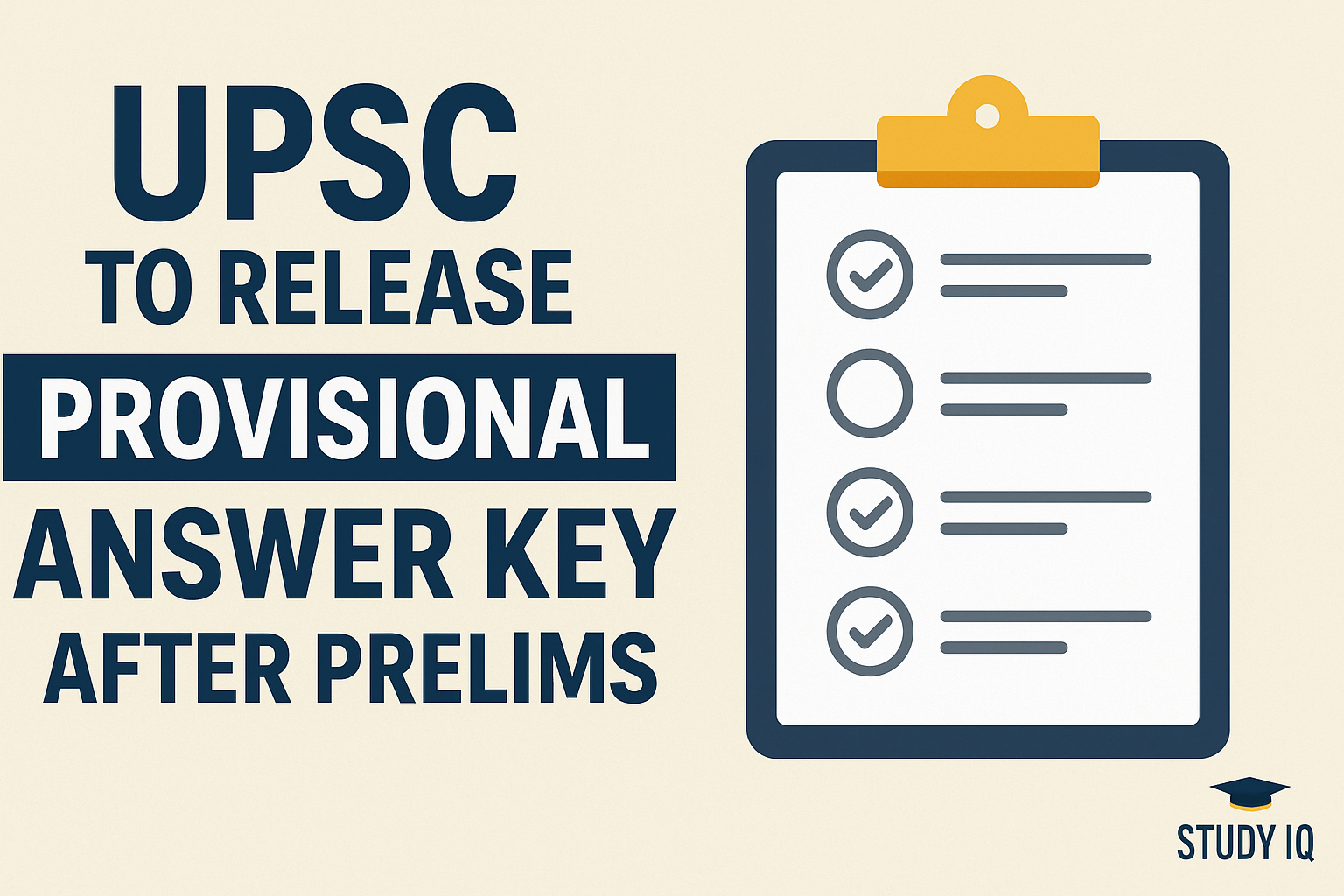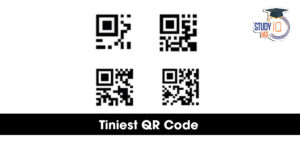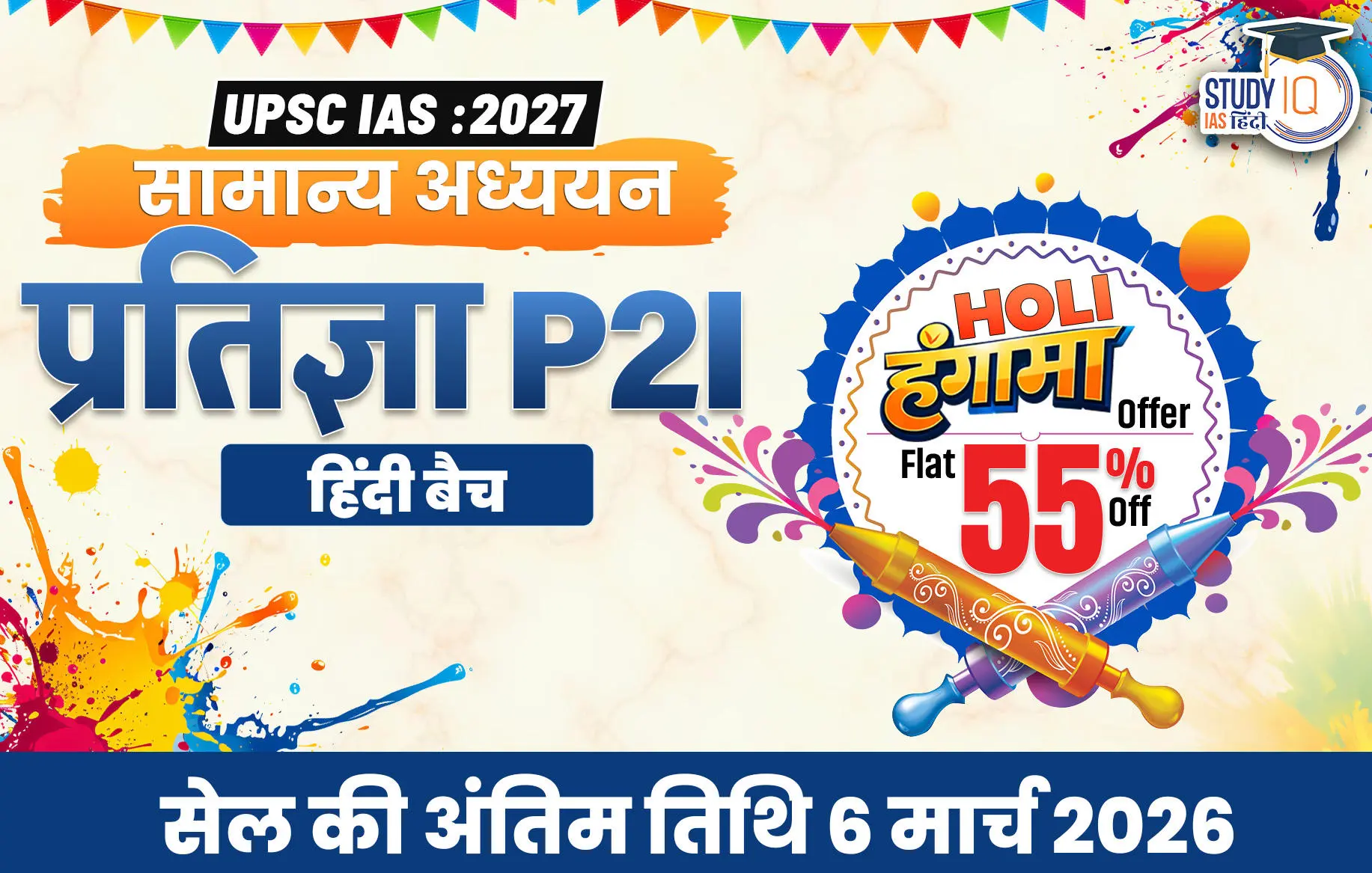Table of Contents
In a landmark decision that marks a new era of transparency, the Union Public Service Commission (UPSC) has agreed to release the provisional answer key soon after the Civil Services Preliminary Examination. This change comes after decades of following the controversial practice of releasing answer keys, cut-offs, and marks only after the entire examination process, including interviews and final results.
The development is directly linked to a case in the Supreme Court of India, where candidates challenged the delayed publication of UPSC answer keys and cut-off marks. The Commission has now informed the top court that it will publish the UPSC provisional answer key, invite objections, and review them with subject experts before finalizing the results of the Preliminary Exam.
This decision is expected to impact lakhs of aspirants preparing for UPSC Prelims 2025, UPSC Civil Services Exam (CSE), IAS, IPS, and other central services.
Background: Why Was the Supreme Court Involved?
The issue reached the Supreme Court after a petition was filed through advocates Saroj Tripathi and Rajeev Dubey, challenging UPSC’s long-standing policy of delaying answer keys and cut-off marks.
The petition argued that:
-
The UPSC answer key should not be published only after the final results.
-
Candidates who do not clear the Prelims deserve timely access to marks and solutions.
-
The delay prevents aspirants from seeking judicial or procedural remedies.
-
Transparency is a constitutional obligation for an examination body like UPSC.
The Supreme Court appointed Senior Advocate Jaideep Gupta as amicus curiae, assisted by Advocate Pranjal Kishore. The amicus suggested that UPSC should release the provisional answer key a day after the Prelims exam.
Initially, in its May 13 affidavit, UPSC called the suggestion “counter-productive” and warned it could cause “uncertainty and delay in finalisation of the exam.” However, in a fresh affidavit filed on September 20, UPSC reversed its stand and agreed to adopt new modalities.
UPSC’s New Decision: What Will Change?
According to the September 20 affidavit submitted to the Supreme Court, UPSC has made a “conscious and well-considered decision” to adopt reforms. The new system includes the following key features:
1. Provisional Answer Key Soon After Prelims
UPSC will publish the provisional answer key immediately after the Prelims examination is conducted. This timing is a major shift from releasing it after the final results.
2. Objection Window for Candidates
Only candidates who appeared for the exam will be allowed to raise objections.
Rules for objections:
-
Each objection must be backed by three authoritative sources.
-
Unsupported objections will be rejected at the threshold.
-
UPSC will decide whether the submitted sources are valid.
3. Expert Review Process
The Commission will present:
-
The provisional answer key,
-
Candidate objections,
-
Questions and representations
…to a team of subject experts for final scrutiny.
They will analyze:
-
Accuracy of answers
-
Validity of references
-
Ambiguities in questions
-
Alternative interpretations
The vetted and corrected answer key will determine Prelims results.
4. Final Answer Key After Final Result
UPSC will publish the final answer key after declaring the final results, retaining part of its old approach for the final stage.
5. Implementation “As Soon As Possible”
UPSC has confirmed it plans to implement the new answer key release policy expeditiously, likely starting from UPSC CSE Prelims 2025.
Impact on UPSC Aspirants and Exam Transparency
This decision is expected to influence over 12 lakh aspirants appearing annually for UPSC Prelims.
Benefits for Candidates
-
Clarity about correct answers soon after the exam
-
Reduced speculation and confusion
-
Opportunity to challenge incorrect answers
-
Better preparation for next attempts
-
Early self-evaluation for Mains strategy
Increased Transparency
The Supreme Court and education experts have long pushed for reforms in public examinations. UPSC’s willingness to release the provisional answer key soon after the Prelims aligns with reforms already followed by:
-
SSC (Staff Selection Commission)
-
IBPS Banking Exams
-
NTA (for NEET, JEE, UGC NET)
-
State PSCs
Reduced Legal Disputes
Timely disclosure of the answer key will:
-
Lower litigation risks
-
Allow quicker resolution of candidate grievances
-
Reduce exam-related controversies
Challenges and UPSC’s Concerns
Though the decision has been praised, UPSC previously highlighted potential challenges:
Logistical Pressure
Publishing the answer key within 1–3 days demands rapid coordination by exam teams and experts.
Flood of Objections
Even with strict conditions, thousands of objections may be submitted, risking delays.
Source Verification Complexity
Verifying “three authoritative sources” for each objection adds academic and legal scrutiny.
Maintaining Exam Integrity
UPSC must ensure the evaluation remains unaffected by public pressure or misinformation.
Why This Is a Win for Aspirants and Public Interest
UPSC stated in the affidavit that the new system aims to:
-
Enhance transparency
-
Strengthen public trust
-
Address legitimate candidate concerns
-
Align with constitutional expectations
-
Uphold fairness and accountability
The Supreme Court is expected to take note of UPSC’s voluntary policy shift and may close the petition accordingly.
How the Objections Process Will Work (Step-by-Step)
Step 1: UPSC Prelims Exam Conducted
Lakhs of candidates write the Civil Services Preliminary Exam.
Step 2: Provisional Answer Key Published
The official UPSC provisional answer key will be uploaded on the UPSC website soon after the exam.
Step 3: Objection Window Opens
Only candidates who appeared can file objections online.
Step 4: Supporting Evidence Required
Each objection must cite three valid, authoritative references such as:
-
NCERT textbooks
-
Government reports
-
Standard UPSC preparation books
-
Reputed academic journals
Step 5: Expert Committee Review
Reports, objections, and questions will be reviewed by a disciplinary committee of subject matter experts.
Step 6: Finalisation of Answer Key
The updated answer key will be used to determine the Prelims cutoff and results.
Step 7: Final Answer Key Post Complete Exam
Final answer key will be released after full completion of UPSC Mains, Interview, and Final Merit List.


 Tiniest QR Code: Scientists Develop Ultr...
Tiniest QR Code: Scientists Develop Ultr...
 Rupture Across the Durand Line: Rising T...
Rupture Across the Durand Line: Rising T...
 Why Berbera Port Matters: Israel’s Rec...
Why Berbera Port Matters: Israel’s Rec...




















